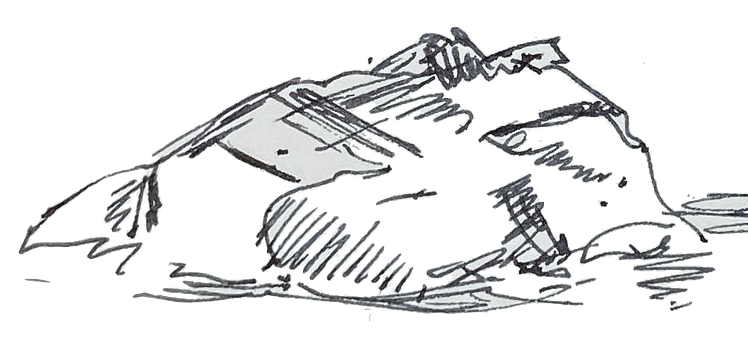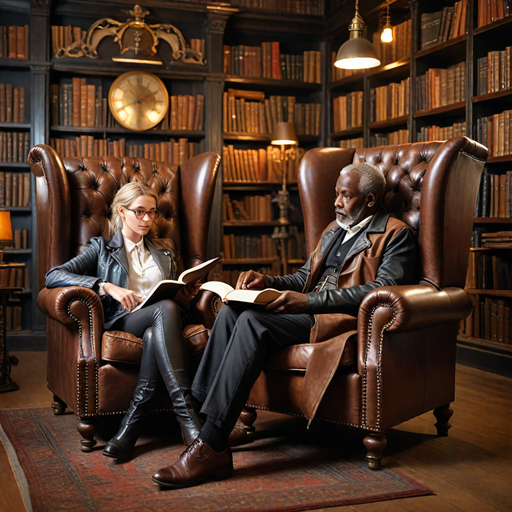The Obvious Truth
I want to share with you this partial extract from my journal this week, which I used in response to a task on a research methods course1 I am taking. The course is challenging but seems like it is going to be extremely useful in my arts-based research into audio pedagogy. We began, I guess as all good methods courses begin, with the important philosophical foundations of what we know and how we know it - the ontological and epistemological stance we are taking in relation to The Truth. Following a seminar and reading of De Andrade (2022), our first task was to find an image or other media to represent the theme of our research, and then reflect on these questions:
- How do I know what I know?
- How do I know that I know that?
- How do I know what is real and true about my topic?
- How do I know it’s real and true?
I’m not quite sure I’m confident that I know what “magical realism” is, beyond the use of fantastical figures or devices in a fictionalised allegory. What is interesting as I write this, is that I am reminded of the Magic Physics Pixies, who originated in a physics teacher’s attempt to demystify Dark Matter2 for some teenaged students, curious about it. Dark Matter, and Dark Energy, are “ways of thinking about” the difference between what physics says we should see, and what we do see, when we look deep into the sky, back in time, at the early galaxies. Perhaps that is a kind of magical realism – it’s real, because there are data, but we can’t make sense of it without inventing magical devices.
I think I’m settled on this onto-epistemological argument about what is real and what isn’t. It’s a false dichotomy arising from the (western cultural) need to “take a position” and argue that your position is the right one, suppressing or gaslighting the others. The devices used to explain the position taken by a writer (and researcher) seem to state and restate endlessly that the world is complex, everything is connected to everything else, and meaning is for the meaning-maker to decide on, whatever the efforts of those who try to invoke meaning in others. The rhizome, the “magical realism”, the allegory, the parable. All devices to tell a story – and this is what we are doing here, isn’t it? Whether with the intention of changing something in the world we don’t like, or of showing people what we can see about the world, or of inviting people to reflect on themselves – these are ways of storytelling.
On truth, I have a view. Making mistakes is a consequence of trying. Recognising a mistake comes from understanding. Asserting something to be true, knowing that it is not, is an act intended to alter the understanding of others, and their capacity to recognise mistakes. The allegory, or magical reality, or the parable, allow us to deliberately perform that act.
To state that meaning depends on context and who is constructing the meaning (and when) is to state the bleedin’ obvious.
References
Footnotes
Humanities and Arts Informed Research Methods in the Social Sciences, run by the incredible Marisa De Andrade.↩︎
The “Magic Physics Pixies” are what Physicists should have called “Dark Matter” and “Dark Energy” if they hadn’t been so obsessed with Darth Vader memes, and a bit more in touch with magical realism. “The Magic Physics Pixies” were also used as the persona that worked behind the scenes when this place, sptr.net, was the “Scottish Physics Teachers’ Resource” a decade ago, the website that supported a thousand physics teachers across Scotland in delivering great teaching in schools across the country during a time of curricular change and inadequate government and local authority resourcing.↩︎

